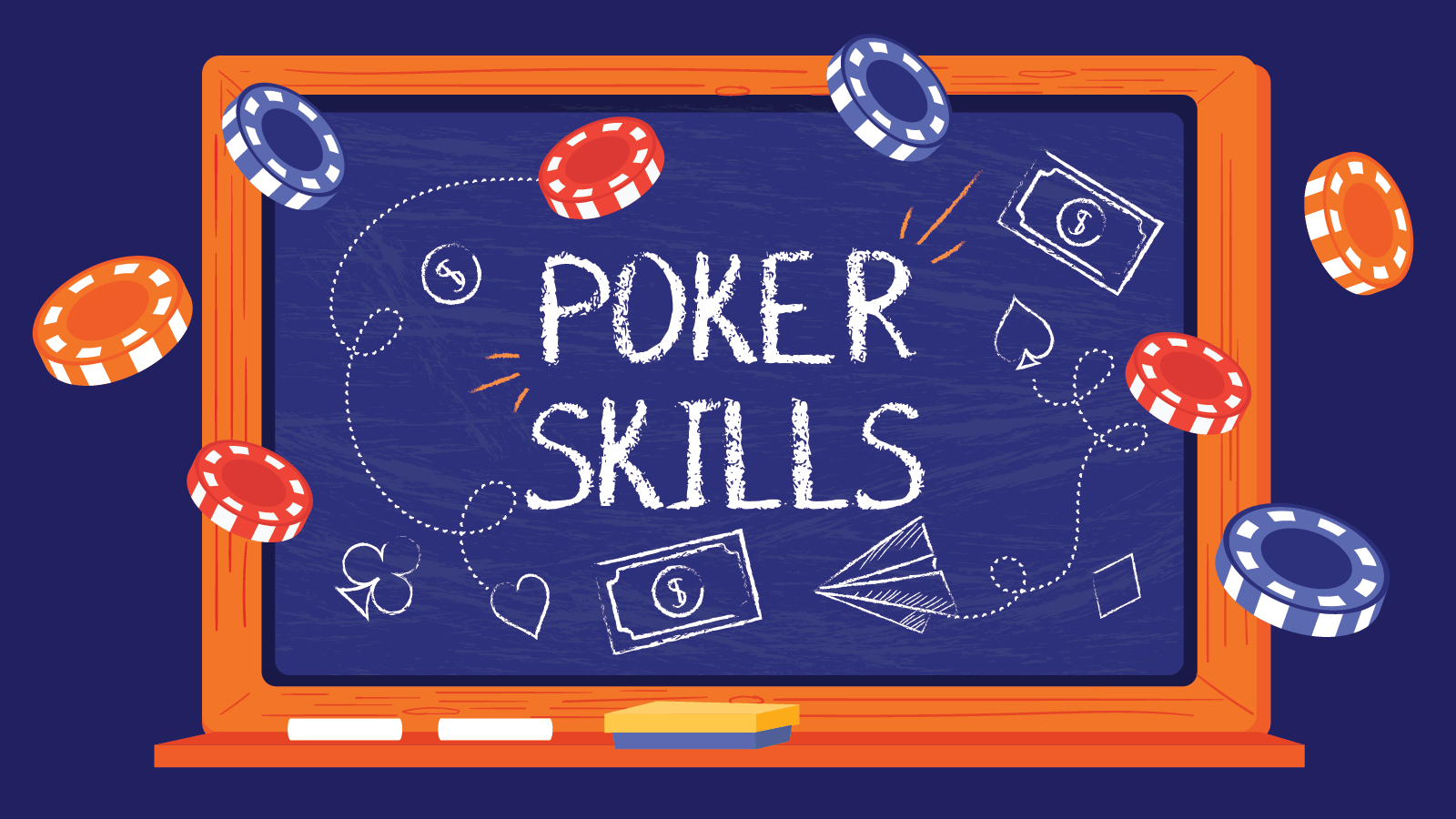
Poker is a game of skill and requires dedication and practice to excel. However, luck also plays an important role in this endeavor.
Understanding the odds and taking calculated risks are essential for improving your poker skills and managing your bankroll more effectively. This will enable you to analyze situations more objectively.
Understanding the odds
No matter your level of poker expertise, understanding the odds is critical for your success. Not only does this reduce losses but also maximize profits.
Odds are a measure of the likelihood of something occurring (in this case, the chance that an outcome will take place). They can be expressed numerically and numerically.
Probability is a mathematical formula used to estimate the likelihood of an event taking place. In poker, this involves calculating the probabilities associated with each hand and deciding if it’s worth calling or folding your bet.
Other essential poker math concepts include pot odds and implied odds. Knowing these numbers helps determine the optimal strategy for your bankroll. Furthermore, knowing your opponent’s range of hands allows for informed decisions at the table.
Taking calculated risks
Calculated risk-taking is an invaluable skill in poker. Not only will it increase your winnings at the table, but it will also enable you to sharpen your game and make more money at it.
Calculated risk-taking requires extensive research and an understanding of the potential negative repercussions. It’s much safer than simply making a snap decision without thought or consideration.
Business acumen can be invaluable. Being able to assess the effects of every decision on your company and its financial health is a desirable skill set.
Poker players need the ability to read their opponent’s intentions and act accordingly. Being observant of your adversary’s habits and style of play will allow you to gain valuable insight into their strategy and game play.
A skilled player will be able to take calculated risks and often finds himself in situations where he must exert extra effort. This gives them an edge over their opponents and increases their chances of success.
Using bad poker players to your advantage
Utilizing bad poker players to your advantage can be a great way to hone your skills and have some fun while learning something new. It could even prove rewarding at the end of it all!
By being patient and mastering the fundamentals of poker, you can take advantage of bad poker players to increase your winning chances and keep your bankroll healthy. This strategy will enable you to win more often and maintain a healthy bankroll.
One of the most essential abilities when playing poker is being able to read other players’ tells. This can help you determine if they’re feeling nervous, uncertain or simply inexperienced.
Another desirable skill to have is the ability to control your impulsive behavior. Many new players tend to act on impulse, so if you can learn how to rein in this behavior, you’ll be much more successful as a player overall.
Finally, playing against more experienced players is essential for improving your game. They will offer feedback on your strategy and judgment, allowing you to identify areas for improvement in your technique and strategy.
Taking a break
You can hone your poker skills by practicing, competing against others and learning more about the game. Doing so will enable you to make better decisions and become more efficient at the tables.
However, improving your poker skills can be challenging even if you already possess some decent talent. This is because poker players tend to suffer from various biases and psychological issues which could hinder their progress as players.
Playing poker can be an incredibly frustrating and challenging experience, but there are ways you can improve your skills. One way is taking breaks from the game in order to recharge your batteries and focus on other aspects of life. This may seem like a small thing but taking breaks will allow you to regain focus on other areas of life as well.
Breaking up with your partner can also provide an opportunity to assess and refine the quality of your relationship. There may be differences that pose obstacles between both of you, leading you to question if it’s worth continuing or not.







